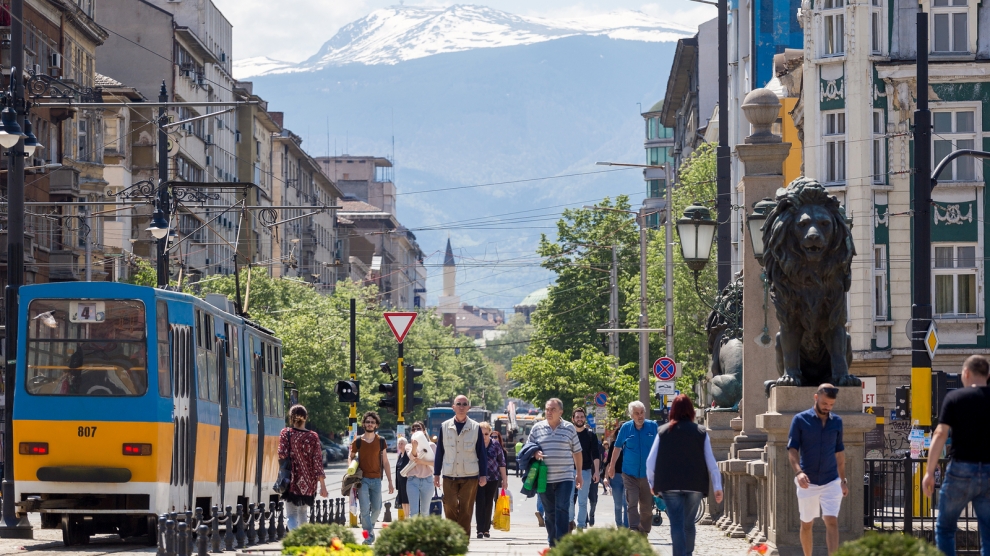Following Ukraine, Serbia, Romania, and Poland here is the latest in our series of five unpopular opinions about the countries of Central and Eastern Europe.
This week, it’s Bulgaria.
Now, over the last decade, the country has been consistently growing in popularity as a tourist destination, with annual foreign visitors numbering more than the country’s entire population (and we mean the official population, not the actual one).
Bulgarians themselves meanwhile are more well-traveled than ever before.
Unfortunately, however, this resulted in the emergence of various contradicting opinions about Bulgaria and Bulgarians amongst foreigners, as well giving wind to many misconceptions Bulgarians have about their country.
Here are just a few…
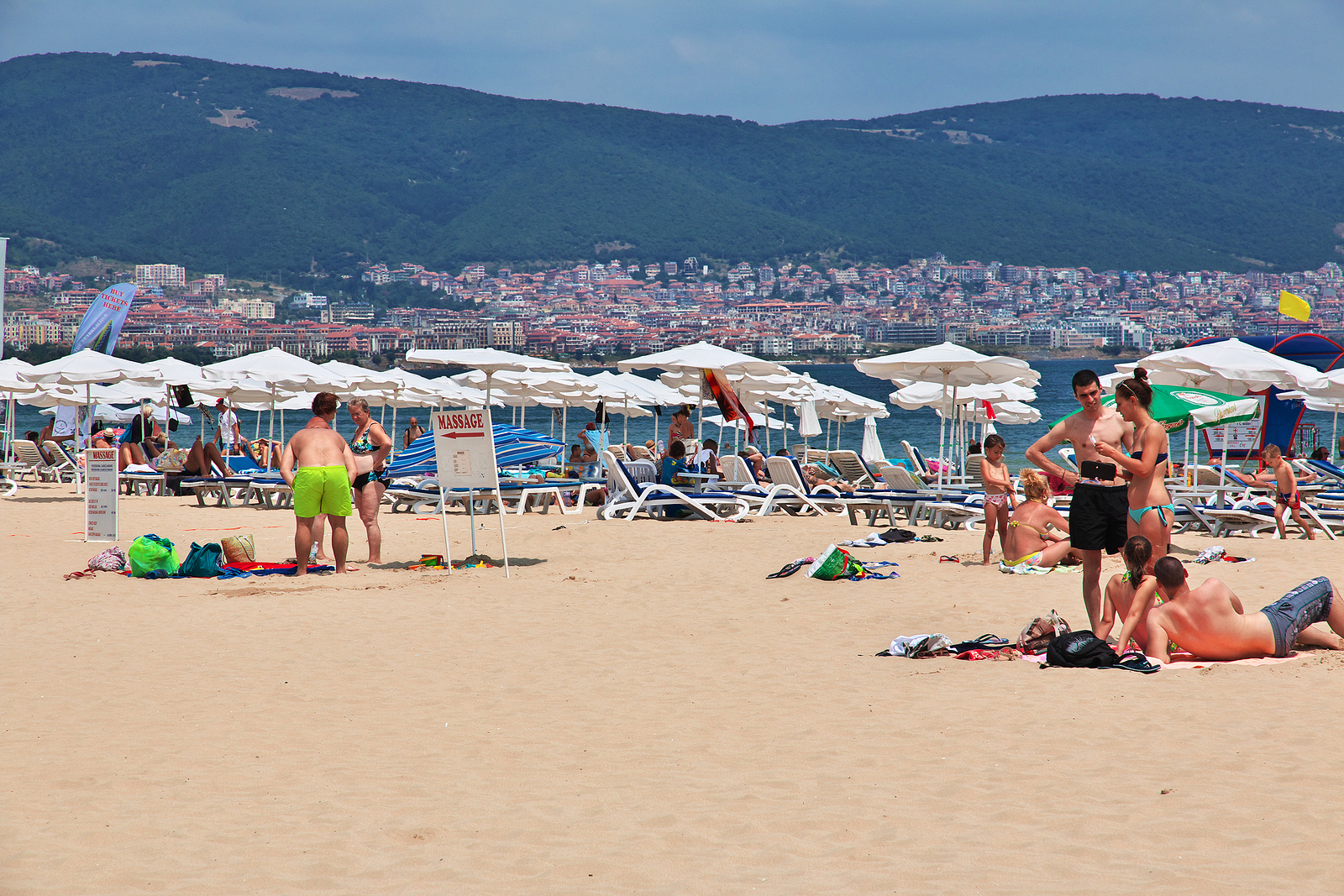
Sunny Beach does not deserve to be the most popular resort on the Bulgarian coast
Sunny Beach received five million visitors in 2018, making it the most popular holiday resort in Bulgaria.
Both domestically and abroad, it is infamous for being something a Sin City with countless night clubs and bars where illegal drugs and sex workers are not difficult to come by, and where there are few taboos.
This reputation has even inspired reality shows about the resort, such as What Happens In Sunny Beach on the UK’s Channel 4 and Sommer I Sunny Beach, broadcast on Denmark’s TV3.
The issue with this type of tourism is that it can often be detrimental to the quality of life of locals, while doing little to improve Bulgaria’s international reputation.
And what’s such a shame is that there are so many alternatives, such as Albena – arguably the most peaceful and sustainability-conscious resort in the country, Sts Constantine and Helena – the oldest Black Sea resort in the country, known for its traditional mud therapy treatments, and even Nessebar – a town with a year-round local population, which has been inhabited since the fifth century.
Although it has now been engulfed by Sunny Beach resort it remains a separate entity with a much richer history and is much more aesthetically pleasing.
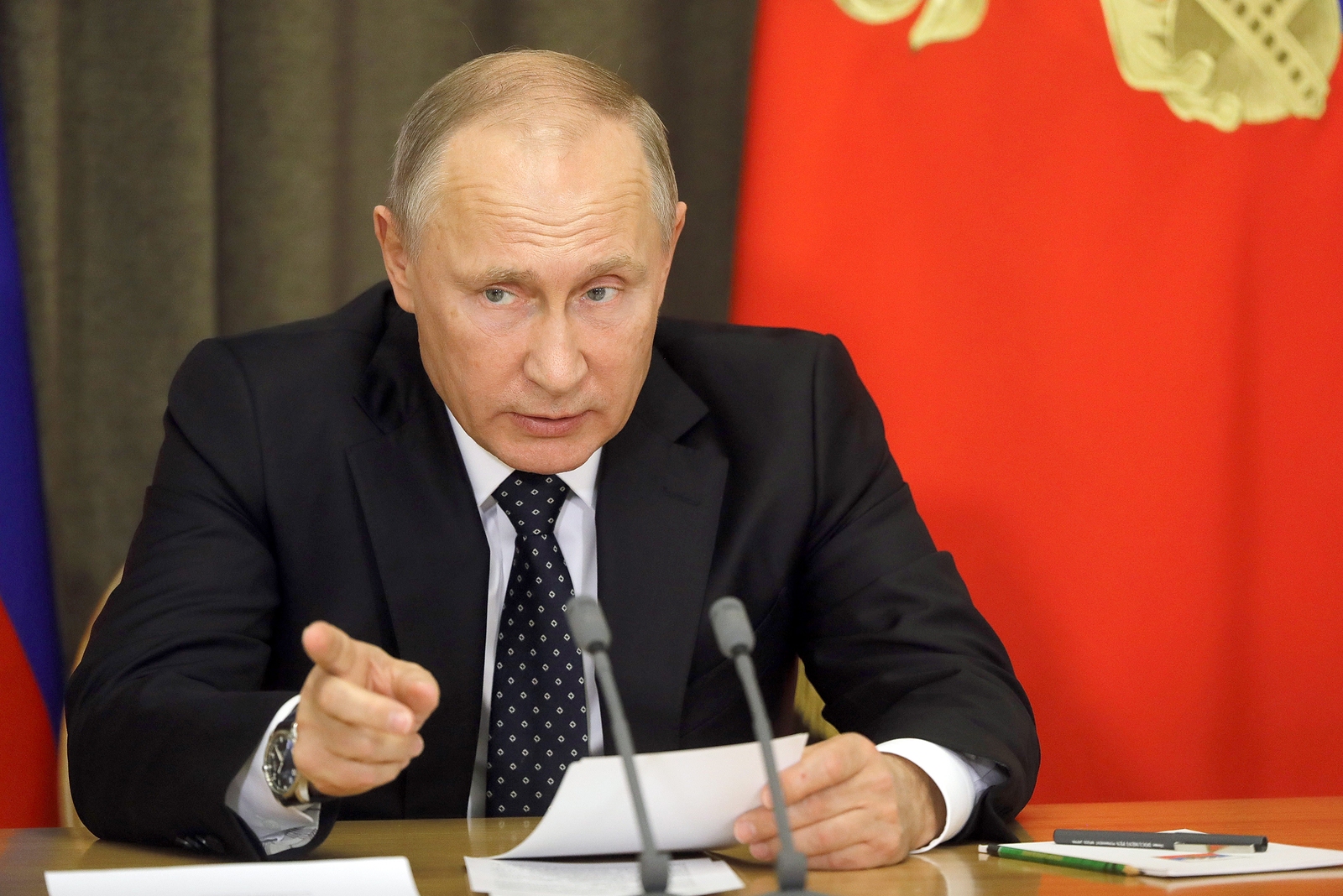
Most people in Bulgaria don’t speak Russian or Turkish
Russian holidaymakers make up a significant percentage of visitors to Bulgaria’s Black Sea coast. One common habit of these tourists (as well as visitors and workers from countries like Moldova and Ukraine), is to assume that every Bulgarian speaks Russian.
While Russian was taught in schools during communism, this has not been the case for more than three decades. As such, the vast majority of Bulgarians educated in the post-communist period do not speak Russian.
Furthermore, interest in Russia as a study or travel destination, or Russian-language popular culture can today be best described as nonexistent amongst young Bulgarians.
Turkish visitors to Bulgaria make a similar assumption and often attempt to start a conversation in Turkish with just about any local they meet.
While it is true that around 10 per cent of the Bulgarian population speaks Turkish as their mother tongue, it is fairly uncommon for people outside of Turkish-speaking communities to have any knowledge of the language.
If traveling to Bulgaria, it is best to stick to English or perhaps German – the two most commonly taught languages in Bulgarian classrooms today.
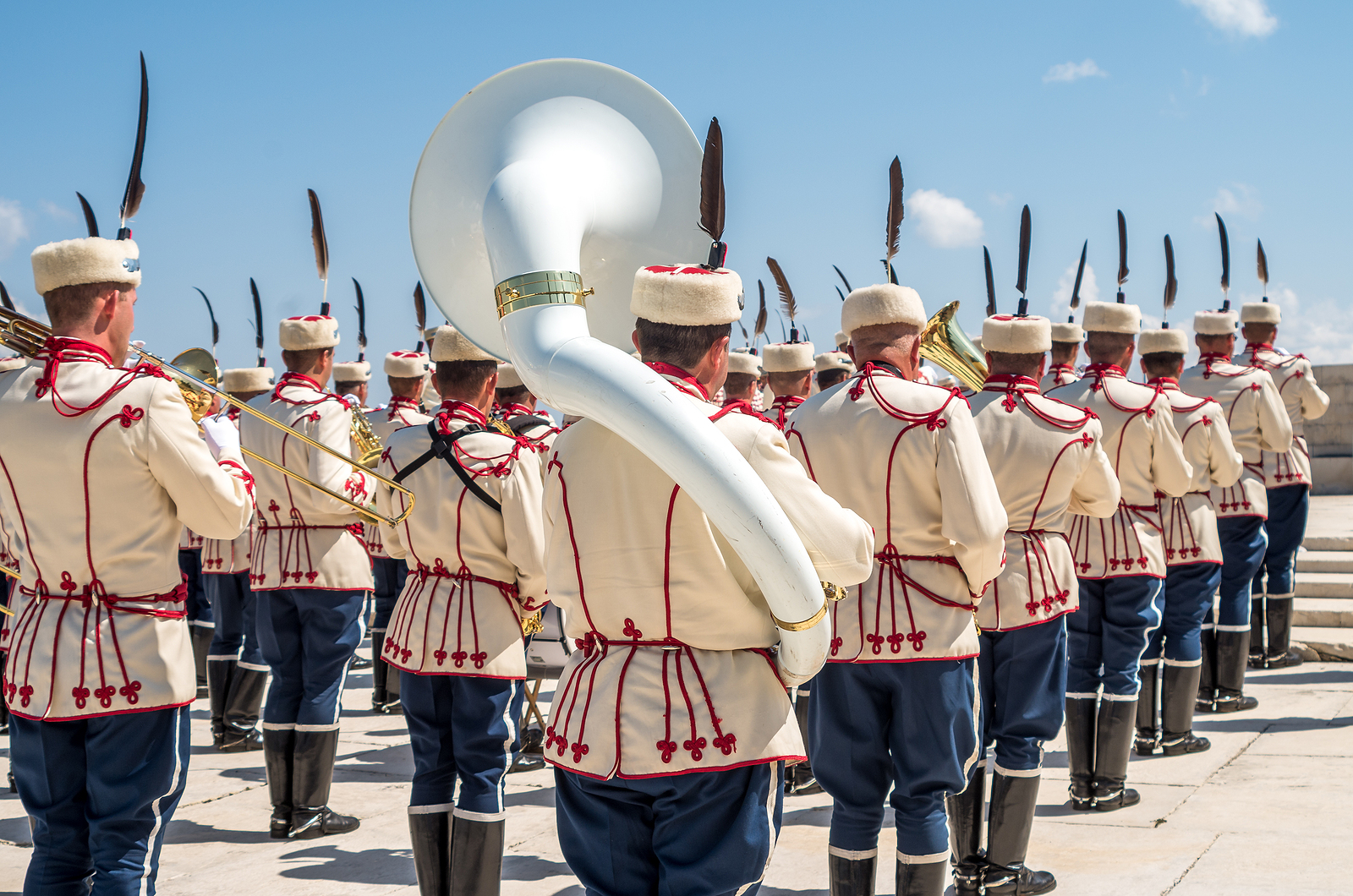
Ethnic Bulgarians are not Turkic or even Slavic, just Southern European
While in the 21st century genetics should not be of any interest all, this is the Balkans we are talking about.
In Bulgaria, students are taught that Bulgarians are the descendants of the Central Asian nomadic Bulgars who mixed with the Slavs, who had arrived in the region from Central Europe a few centuries earlier. The founders of the Bulgarian state, Khan Krum and Khan Asparouh, are depicted in textbooks as having been Asian men.
In the past, anti-Bulgarian propaganda in neighbouring Yugoslavia took this aspect of the country’s history as proof that Bulgarians are ethnically inferior to other Balkan Slavs, and in countries like North Macedonia and Serbia, Bulgarians are still often pejoratively referred to as ‘Mongols’ or ‘Tatars’.
Of course, there is nothing wrong with being ethnically Mongol or Tatar, but DNA tests on present-day Bulgarians consistently show that they, just like Hungarians (whose nation was also founded by a Central Asian tribe – the Huns), do not have any genetic links to Central Asia.
DNA tests also reveal that while all ethnic Bulgarians have around 10 to 20 per cent DNA similar to other Slavs in Central and Eastern Europe, the tests show much closer genetic links to Southern Europeans, such as Albanians, Greeks, Southern Italians, and Romanians.
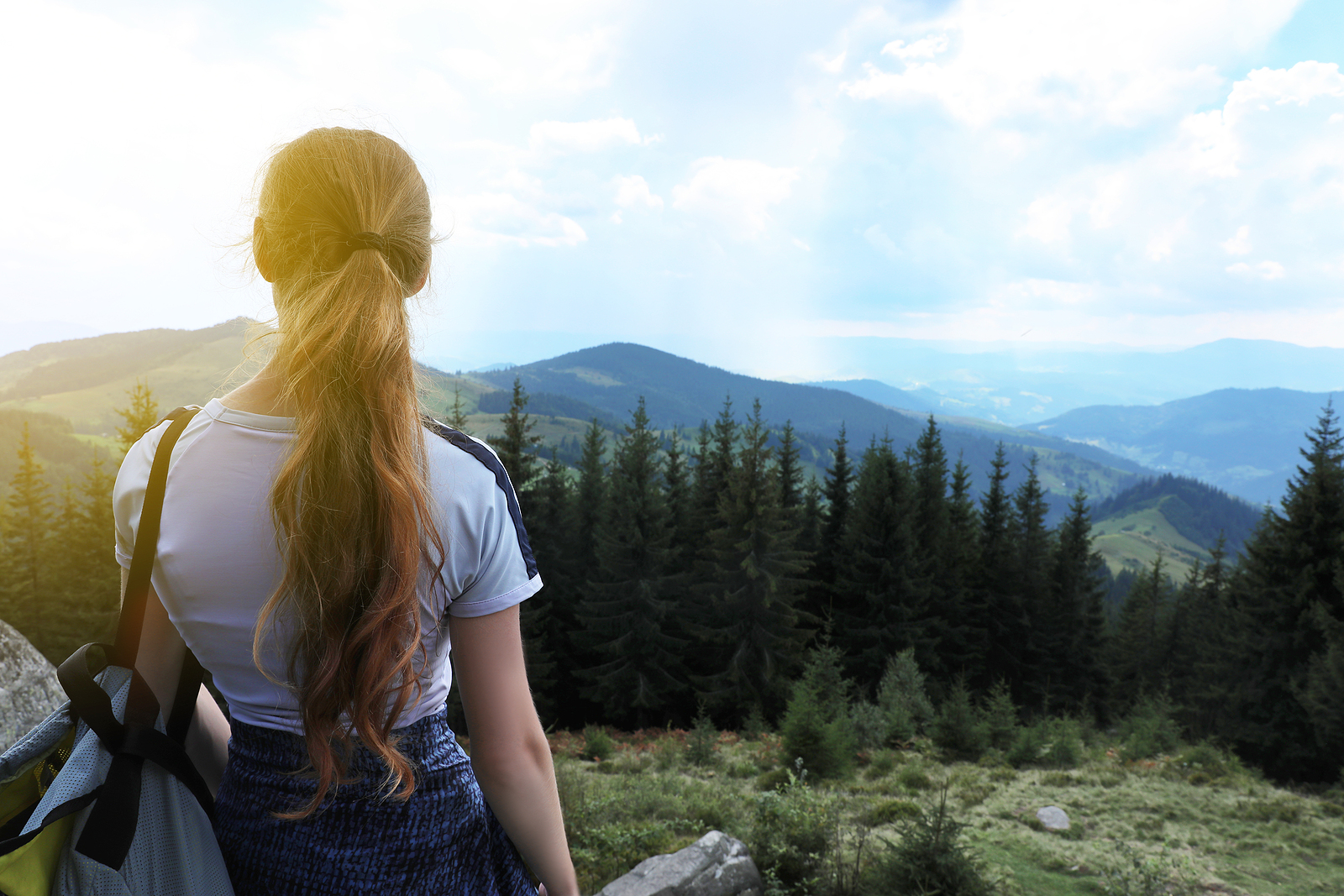
Bulgarians need to be introduced to the concept of personal space
One unfortunate consequence of being Southern European is that Bulgarians do not seem to understand the concept of personal space.
A recent poll by Deutsche Welle Bulgaria revealed that, according to German holidaymakers on the Bulgarian seaside, the Bulgarian tendency to stand way too close to others was the third most annoying thing about their stay in the country.
Unfortunately, this take is not so popular amongst Bulgarians themselves who en masse do not even notice the problem.
Myself, a staunch hater of everything about Bulgaria while growing up in the country, never managed to put my finger on this cultural particularity until I spent a few years studying in Northwestern Europe.
Since then, one of the things that bothers me the most whenever I am back home is the tendency to hug and kiss everyone, and the refusal to form an orderly queue.
This uncomfortableness has transformed into sheer terror since the start of the Covid-19 pandemic, as now I have to deal with situations such a grandma in her 70s, who is in a high risk group and too scared to get vaccinated, deciding to attack me with kisses.
Bulgaria’s problems cannot be solved by the outside world
Bulgaria declared independence in 1908 after more than five centuries of Ottoman rule. During communism, it was little more than a puppet state of the Soviet Union: in 1962, dictator Todor Zhivkov even wilfully suggested to Nikita Khrushchev that Bulgaria should become a Soviet republic.
As a consequence, the Bulgarian nation as a whole suffers from a mindset typical to post-colonial nations in other parts of the world, with a general, widespread sense of inferiority running alongside a reluctancy to believe that the country’s fate is now dependent on its own citizens.
For many Brits who voted for Brexit in order to “take back control”, it may be shocking to learn that one of things which makes the European Union so popular amongst Bulgarians is precisely the opposite: they don’t want control.
This was most clear during the 2020 anti-corruption protests which swept Bulgaria. Instead of looking inwards or utilising domestic and EU anti-corruption tools, the main trending hashtag on social media was #EUareyoublind, implying that the EU can somehow singlehandedly fix the issue.
It is time to realise that Bulgaria is not a vassal state of Brussels but a full-fledged EU member with responsibilities as well as rights.
Unlike many news and information platforms, Emerging Europe is free to read, and always will be. There is no paywall here. We are independent, not affiliated with nor representing any political party or business organisation. We want the very best for emerging Europe, nothing more, nothing less. Your support will help us continue to spread the word about this amazing region.
You can contribute here. Thank you.

